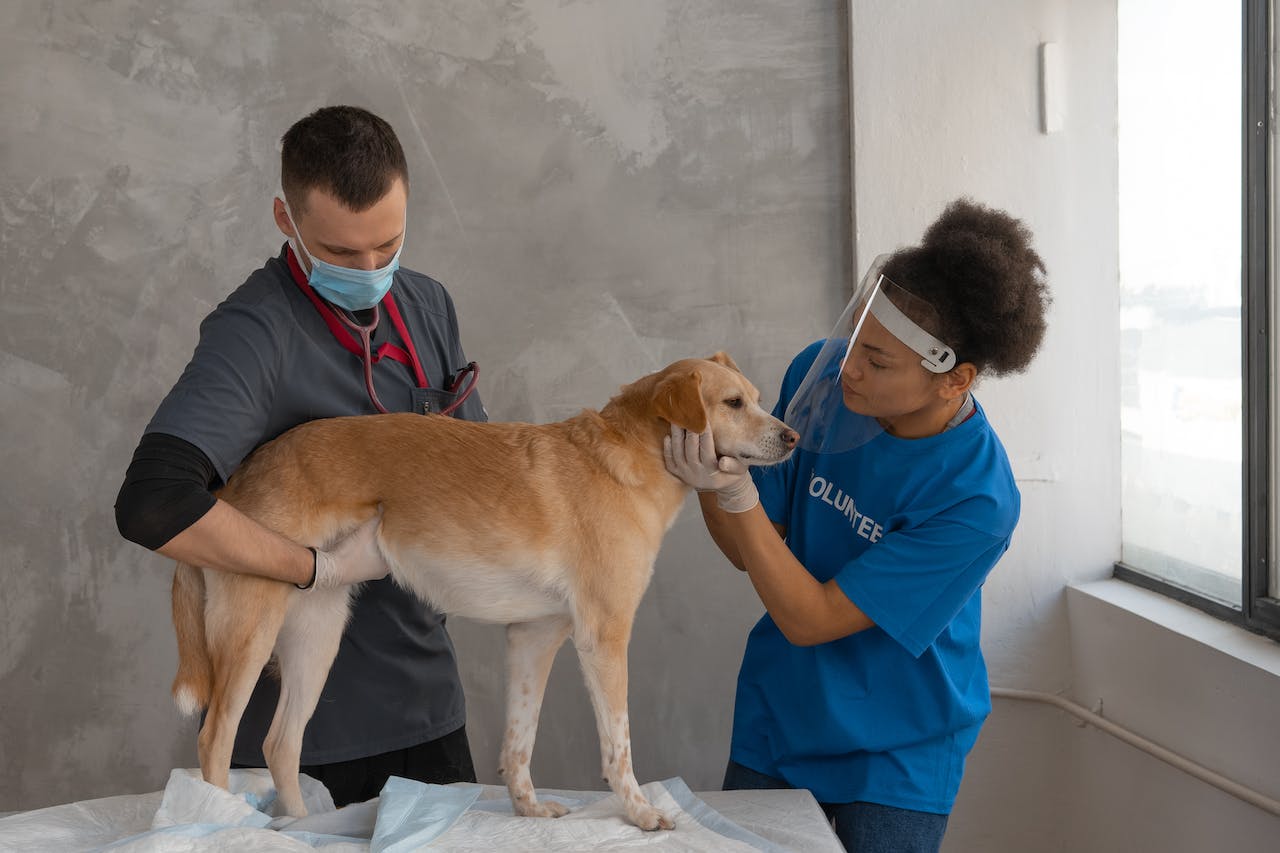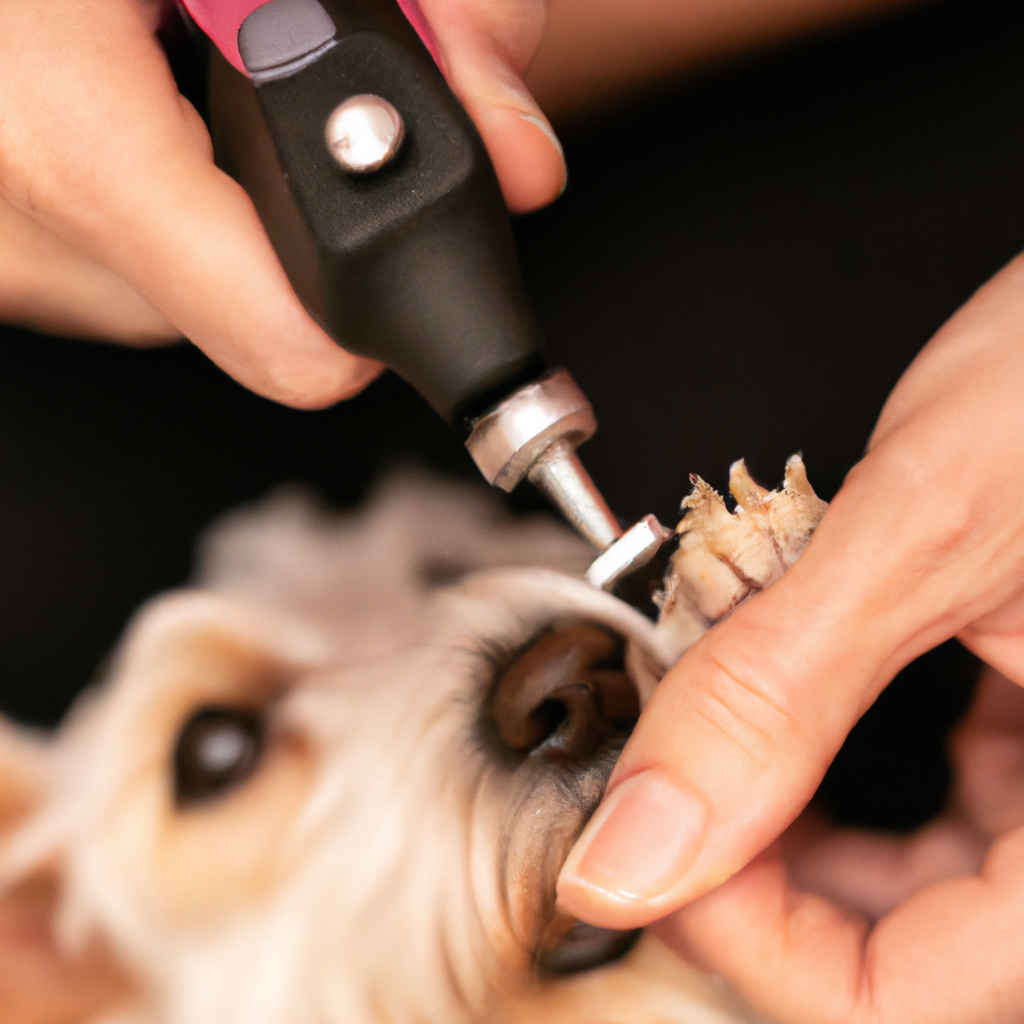How to Train Your Dog to Accept Oral or Injectable Medications
How to Train Your Dog to Accept Oral or Injectable Medications Administering medications to dogs can often be a
How to Train Your Dog to Accept Oral or Injectable Medications
Administering medications to dogs can often be a challenging task, especially when they refuse to take them. However, with the right training and techniques, you can teach your furry friend to accept both oral and injectable medications without stress or resistance.
1. Positive reinforcement and rewards
Positive reinforcement is key when introducing medication to your dog’s routine. Using treats, praise, and rewards, associate the medication-taking process with positive experiences. Offer their favorite treats immediately after giving the medication to create a positive association. This will help them associate the medication with something enjoyable.
2. Use food-based medication disguises
Many medications for dogs come in various forms, such as tablets or capsules. To make them more appealing, you can use food-based medication disguises. These can include specially designed soft treats or even empty gelatin capsules filled with a tasty treat. Consult with your veterinarian to ensure the disguise is safe and won’t interfere with the medication’s effectiveness.
3. Practice desensitization
To make your dog comfortable with the medication process, practice desensitization. Start by showing them the medication and allow them to sniff or lick it, rewarding them with treats and praise. Gradually introduce the act of opening their mouth and placing the medication inside, providing rewards at each step. Over time, your dog will become accustomed to the process and more cooperative.
4. Utilize alternative administration methods
If your dog absolutely refuses oral medications, consult with your veterinarian about alternative administration methods. Some medications may be available in liquid forms that can be mixed with their food or even topical formulas that can be absorbed through the skin. Injectable medications can also be an option if you’re comfortable administering them, although thorough training and guidance from your veterinarian are essential.
5. Seek professional help if needed
If your dog continues to resist medication or exhibits extreme fear or aggression during the process, don’t hesitate to seek professional help. A professional dog trainer or animal behaviorist can provide additional training or behavior modification techniques tailored to your dog’s specific needs.
Conclusion
Training your dog to accept oral or injectable medications requires patience, positive reinforcement, and a gradual desensitization process. By associating the medication with rewards and positive experiences, using disguises if necessary, and seeking professional help if needed, you can ensure your furry companion receives the necessary medication without added stress or conflict.






